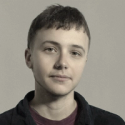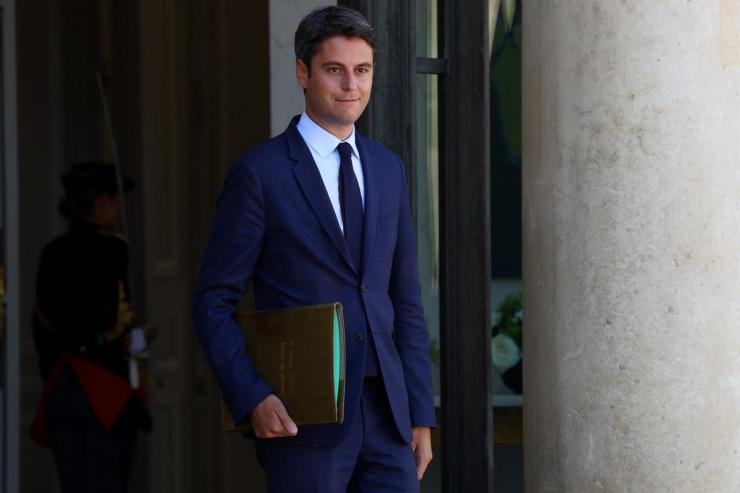The News
French President Emmanuel Macron accepted Prime Minister Gabriel Attal’s resignation Tuesday, but Attal will remain in his post and his government will stay on as caretakers until a new cabinet can be appointed.
The country’s snap elections last month saw no party or alliance secure an absolute majority, although the leftist New Popular Front coalition won the most seats, with Macron’s centrist alliance coming in second.
The National Assembly, France’s legislative body, is due to convene for the first time since the elections on Thursday.
SIGNALS
Caretaker government could pose a ‘real democratic problem’
A caretaker government may be indefinite, but it has limited powers: It cannot submit news laws or introduce new measures, essentially depriving it of “any margin for political action,” a law professor told Reuters. It’s unclear when Macron will appoint a new prime minister, which “poses a real democratic problem,” a constitutional expert told Le Monde, since the caretaker government cannot be overturned by the National Assembly. The transition could also create uncertainty over France’s budget for the coming year, Politico argued — France is already under pressure from the EU to scale back its deficit.
Macron’s best-case scenario might not break the deadlock
Macron wants to create a right-of-center parliamentary majority that would exclude both the far-left and far-right, France24 reported. That scenario may be closer to fruition as the left-wing coalition descends into infighting, The Guardian reported. But given France’s limited experience with coalition politics and the main parties shared unwillingness to compromise, a political deadlock may be inevitable anyway. The exceptions will be issues of foreign policy and defense, which Macron has a prerogative over, an expert argued for the Atlantic Council.
Election of the Assembly’s president may indicate what’s to come
The new Assembly’s first test will come on Thursday, when it appoints a president to be responsible for organizing the chamber’s agenda and moderating debates. Members of the leftist New Popular Front have said the bloc should focus on getting a left-wing figure appointed, especially given the group’s failure to agree on a potential prime minister candidate. “Never before” has the election of the Assembly’s president held so much significance, with the left wanting to show it can command a majority and the centrists hoping to demonstrate the opposite, Eurointelligence analysts argued.



